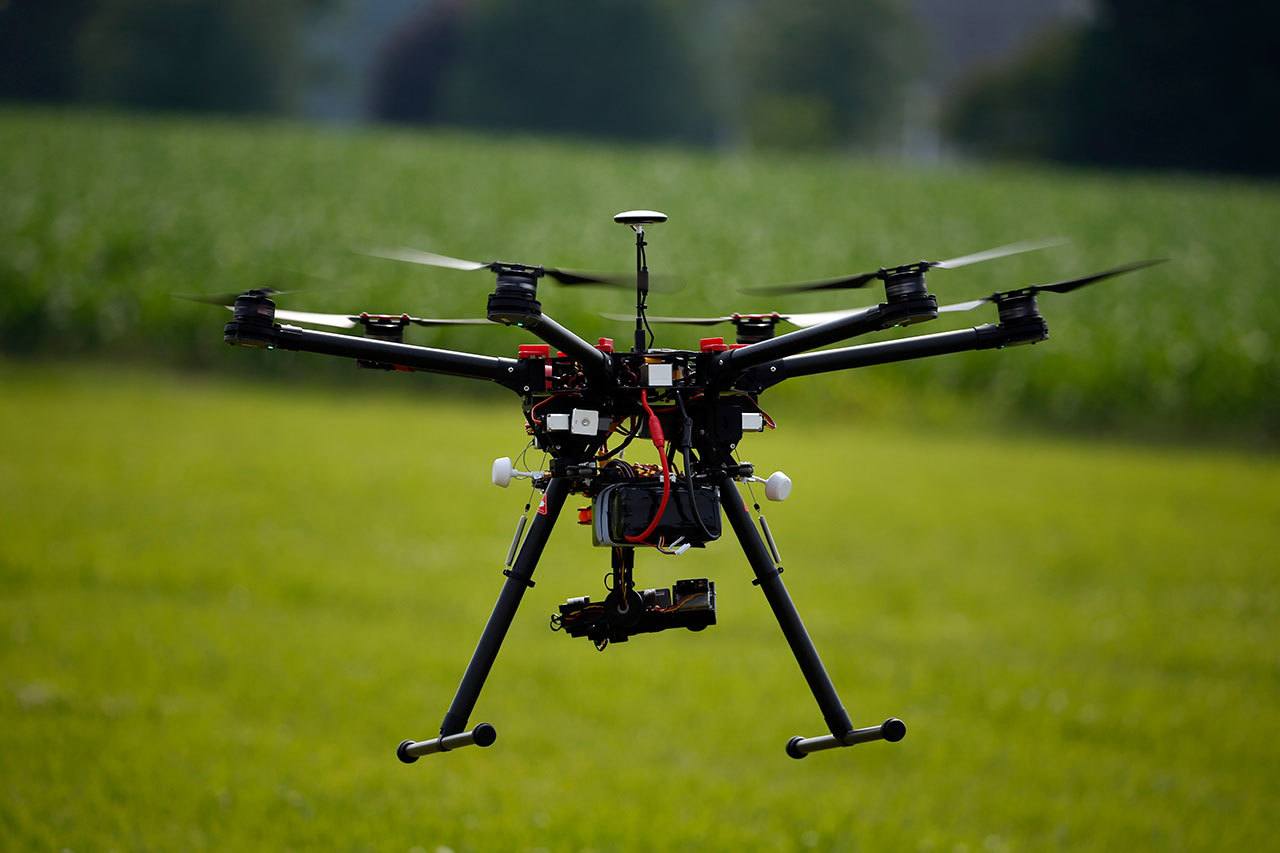By The Herald Editorial Board
Those who thought recent discussions before city councils and the county council over fireworks bans were heated might now wonder about what’s to come when local governments begin considering regulations for drone aircraft.
Operation of the small, unmanned aircraft already are raising concerns regarding safety and privacy as they gain popularity for recreational and commercial purposes and increasingly by government agencies.
Misuse of the drones remains a concern and points to the need for local and state laws. Earlier this week, a drone being flown above a wildfire in the Olympic National Park prevented flights of air support for crews fighting the Cox Valley Wildfire. A spokesman for the crews fighting the fire said use of private drones have halted fire crew flights more than 30 times elsewhere in the U.S. this year.
Earlier this summer, the Federal Aviation Administration released its regulations for drones, establishing some modest requirements regarding their use.
In general, recreational users, which includes those flying model aircraft, do not need to obtain a license as long as they comply with FAA guidelines, including not flying near airports and respecting other restrictions.
Commercial users, for purposes such as aerial photography for real estate and — eventually — retail package delivery, need to pass an FAA test for a certificate.
But the FAA’s requirements don’t preclude local governments from passing their own ordinances that address issues including safety, aesthetics, land use, zoning, privacy, trespass and law enforcement. Governments are getting some guidance in writing those regulations from the National League of Cities in its recently released report, “Cities and Drones.”
The report attempts to help cities find a balance that protects residents and their interests while at the same time promoting the innovation that drones could offer, including commercial and civic uses.
“As our skies are becoming more crowded, cities must be able to decide how and when they want to see drones used in their communities,” said Clarence E. Anthony, executive director for the National League of Cities.
In general, cities and other local governments can designate rules for where and when drones can take off, land and operate as well as setting other rules for operation. And they can also set penalties for violating those rules or for use of drones in a reckless manner, according to the report.
Along with setting rules for recreational and commercial users, cities and other agencies should also be considering the public’s expectations for government use of drones. The aircraft offer a range of possible uses for firefighting, law enforcement and disaster response and relief.
The report cites the experience of the Arlington, Texas, police department, which has used helicopter-like drones since 2013 to photograph crime scenes, search for missing persons, survey damage after storms and monitor the scene of police standoffs. Drones have also shown their effectiveness for rural fire agencies in locating and monitoring wildfires.
And researchers in the Netherlands are working on a prototype of a “flying toolbox” for medical supplies that could quickly deliver medical equipment, such as an automated external defibrillator for heart attack victims, to remote areas. Wireless cameras and monitors on the drone could even be used to remotely direct medical attention.
But those possibilities will require public comfort and acceptance of drones, particularly in regard to safety and privacy. Local and state laws will have to address legitimate concerns for both.
The FAA has guidelines that prevent flights of drones above people for safety reasons, but the FAA lacks the legal authority to issue guidelines addressing privacy.
Local governments will need to address privacy issues, related to commercial and private use, but also related to police surveillance. California’s legislature, the report notes, banned the use of audio or video recording of another person’s activity where there’s an expectation of privacy, and extended that to a ban of paparazzi operating drones over the homes of celebrities.
Amazon isn’t delivering packages by drone yet, but more and more will be using the small aircraft for recreation and business. Cities and other governments need to keep a step ahead and provide some rules for the skyways above us.
Talk to us
> Give us your news tips.
> Send us a letter to the editor.
> More Herald contact information.

























